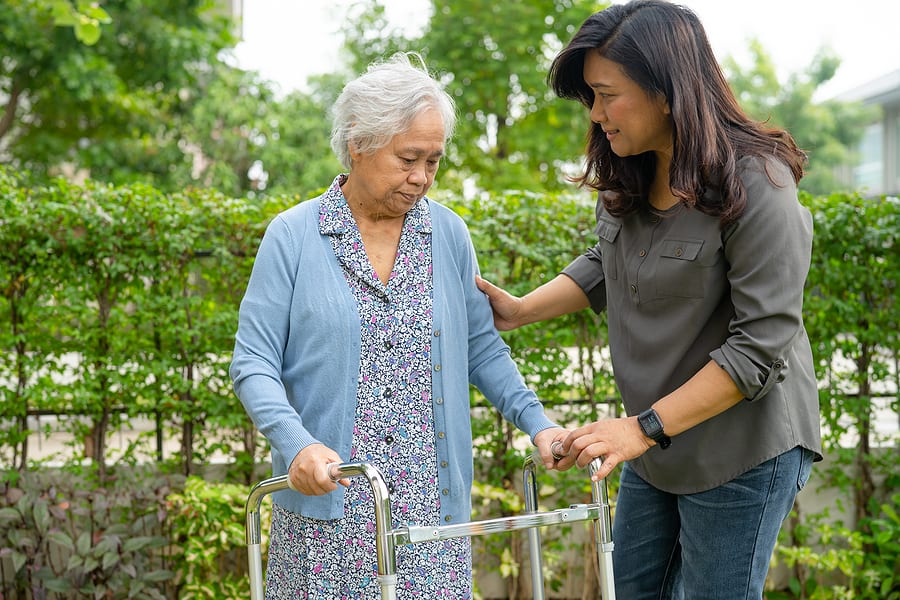When you feel that it is time to begin discussing long-term care plans with your elderly loved one, it can be important to understand the gravity of that decision. Most elderly individuals will not want to have that conversation. For many, accepting that they need assistance can be demoralizing. They will often dismiss the topic until the situation becomes dire. Having a plan for the future can save you, your family, and your elderly loved one a lot of heartaches when the time comes for them to need long-term care. This article will discuss tips for opening communication with your loved one regarding their long-term care needs.
Gather Information For Discussing Plans
Before you approach your loved one about long-term care, it is a good idea to do some research. Look into the care options in your area. Having notes, or even brochures, to bring to your discussion can be smart. In-home care, nursing homes, and assisted living facilities, and all options that you could look into for your loved one. Keep an open mind when researching so that you can help your elderly loved one make the best decision for them.
Sooner is Better
The sooner you have this conversation with your loved one, the better. You shouldn’t wait until they can’t care for themselves to start planning for long-term care. There are a lot of financial, practical, and emotional concerns that need to be addressed when planning for long-term care. The more time you have, the better off you will all be.
Don’t Be Patronizing When Discussing Plans
Your elderly loved one doesn’t want to be babied or talked down to. Talk to them with respect, and listen to their concerns. They may not be happy with needing long-term care, but their input can be important to their happiness. Being patronizing will only make them more defensive about care options.
Using Examples
Addressing their concerns is important to the overall process of planning for long-term care. But it is also important to understand that they may not feel ready for the conversation. Usually, families feel prompted to discuss care options because of events that have happened. Have examples ready, as they may need to be convinced that they need assistance. This could be events like a recent fall, or simply noting that they are having a hard time on the stairs lately. When discussing these concerns, it is important to come from a place of concern. Don’t make them feel like you are attacking them.
Maximizing Independence
Independence is important to most adults. For elderly individuals, accepting that they need assistance can feel like giving up their independence, but this is not necessarily true. Help them make decisions regarding their care so that they feel like they were in control of the situation. Hiring home health aides is a good way for them to maintain independence while still receiving much-needed care at home.
Safe Harbor Healthcare Services does not provide medical or healthcare advice via articles. This material has been prepared for informational purposes only, and is not intended to provide, and should not be relied on for medical advice.
Safe Harbor Healthcare Services has been providing excellent home care on Staten Island since 1967. Our services help the elderly and disabled live safely and independently; while giving their families the peace of mind they need. For more information, contact Safe Harbor by clicking here, or call us at (718)-979-6900.

